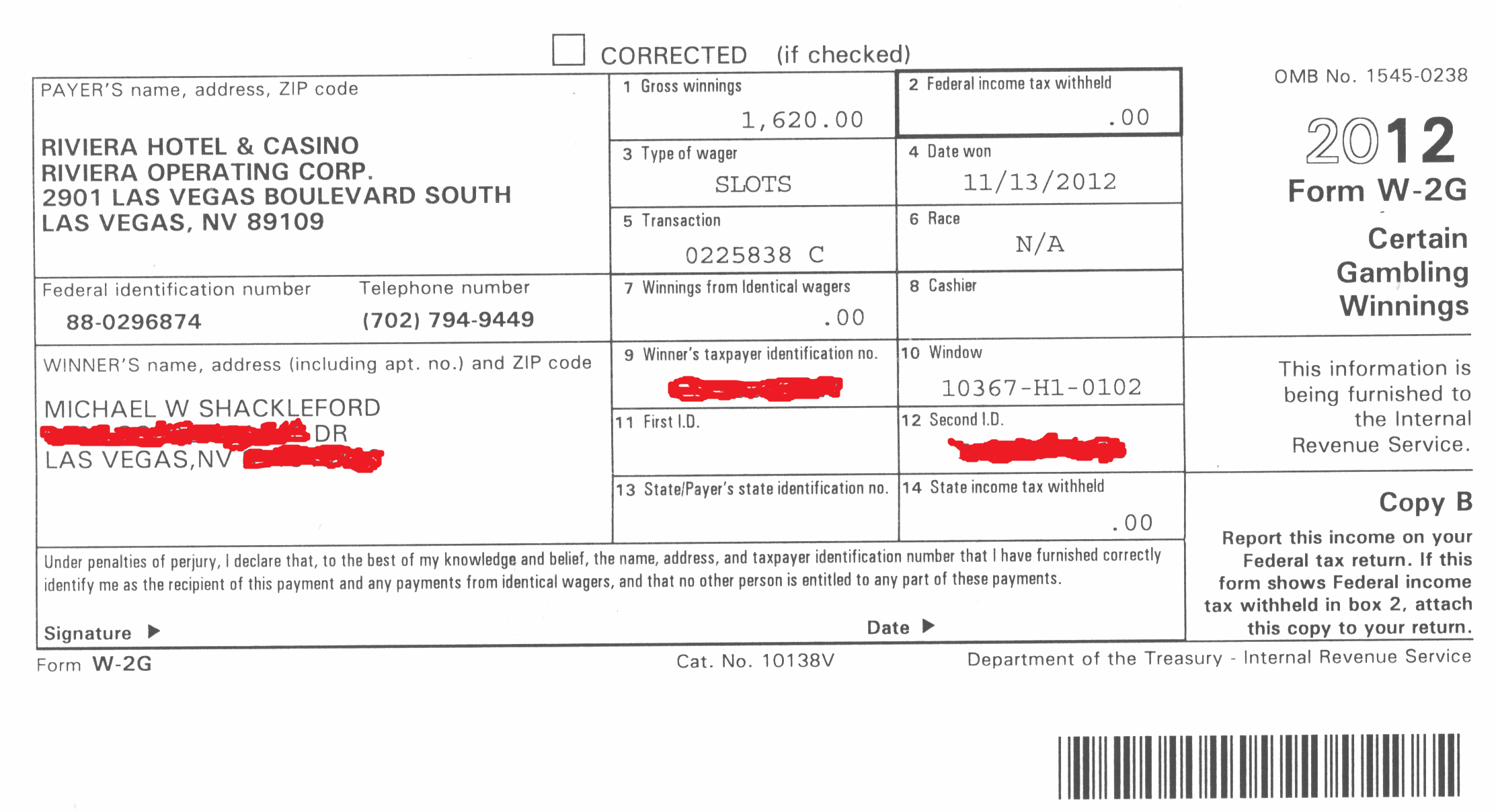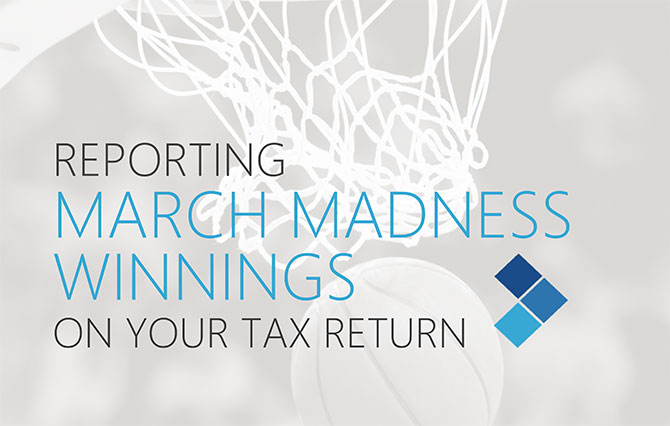Where To List Gambling Winnings On 1040
Lottery and Gambling Winnings
- Gambling Winnings Schedule 1
- Where To List Gambling Winnings On 1040 Tax Return
- Tax Form For Gambling Winnings Irs
- Where Are Gambling Winnings Reported
Winning the Lottery or scoring on a sports wager can change your life in profound ways. Congratulations on your lucky break!
Just remember that your good fortune includes a responsibility to pay taxes and fees on those winnings.
Gambling Winnings:
In 2018, Governor Phil Murphy signed a law that authorized legal sports betting in New Jersey. The law (A4111) allows people, age 21 and over, to place sports bets over the internet or in person at New Jersey's casinos, racetracks, and former racetracks. Sports betting is now among the many forms of gambling winnings that are subject to the New Jersey Gross Income Tax, including legalized gambling (sports betting, casino, racetrack, etc.) and illegal gambling.
Lottery:
New Jersey Lottery winnings from prize amounts exceeding $10,000 became subject to the Gross Income Tax in January 2009.
Gambling winnings are fully taxable on your return. You should include winnings from lottery, raffles, horse or dog racing, and casinos. If you won prizes, such as an automobile or trip, you would include the Fair Market Value of the prize won. Typically, these winnings are reported to you on a W-2G. If, like the vast majority of people, you’re a casual recreational gambler, you’re supposed to report all your gambling winnings on your tax return every year. You report the amount as “other income” on Schedule 1 of IRS Form 1040. You list them as 'other income' in line 21. Many people seek to avoid paying taxes on as many things as possible, including gambling winnings. However, gambling winnings are considered a taxable income and must be reported when filing your taxes. All cash prizes, in addition to the value of other winnings, are taxable by the federal, and sometimes, state governments. Hence, you must list. You Have to Report All Your Winnings. Whether it's $5 or $5,000, from an office pool or from a.
New Jersey Income Tax is withheld at an amount equal to three percent (3%) of the payout for both New Jersey residents and nonresidents (N.J.S.A. 54A:5.1(g)).
Withholding Rate from Lottery Winnings
The rate is determined by the amount of the payout. If a prize is taxable (i.e., over $10,000), the entire amount of the payout is subject to withholding, not just the amount in excess of $10,000. The withholding rates for gambling winnings paid by the New Jersey Lottery are as follows:
- 5% for Lottery payouts between $10,001 and $500,000;
- 8% for Lottery payouts over $500,000; and
- 8% for Lottery payouts over $10,000, if the claimant does not provide a valid Taxpayer Identification Number.
Companies that obtain the right to Lottery payments from the winner and receive Lottery payments are also subject to New Jersey withholdings. Each company is required to file for a refund of the tax withheld, if applicable.
 Lottery
LotteryNew Jersey Lottery winnings from prize amounts exceeding $10,000 are taxable. The individual prize amount is the determining factor of taxability, not the total amount of Lottery winnings during the year.
Gambling Winnings Schedule 1
- For example, if a person won the New Jersey Lottery twice in the same year, and the winning prize amounts were $5,000 and $6,000, these winnings would not be subject to New Jersey Gross Income Tax. However, if that person won the Lottery once and received a prize of $11,000, the winnings would be taxable.
- This standard for taxability applies to both residents and nonresidents.
- The New Jersey Lottery permits donating, splitting, and assigning Lottery proceeds to someone else or to a charity. If you choose to donate, split, or assign your Lottery winnings, in whole or in part, the value is taxable to the recipient in the same way as it is for federal income tax purposes.
Making Estimated Payments
If you will not have enough withholdings to cover your New Jersey Income Tax liability, you must make estimated payments to avoid interest and penalties. For more information on estimated payments, see GIT-8, Estimating Income Taxes.

Out-of-State Sales:
Out-of-state lottery winnings are taxable for New Jersey Gross Income Tax purposes regardless of the amount.
Gambling winnings from a New Jersey location are taxable to nonresidents. Gambling includes the activities of sports betting and placing bets at casinos and racetracks.
Calculating Taxable Income
You may use your gambling losses to offset gambling winnings from the same year as long as they do not exceed your total winnings. If your losses were greater than your winnings, you cannot report the negative figure on your New Jersey tax return. You must claim zero income for net gambling winnings. For more information, see TB-20(R), Gambling Winnings or Losses.
You may be required to substantiate gambling losses used to offset winnings reported on your New Jersey tax return. Evidence of losses can include your losing tickets, a daily log or journal of wins and losses, canceled checks, notes, etc. You are not required to provide a detailed rider of gambling winnings and losses with your New Jersey tax return. However, if you report gambling winnings (net of losses) on your New Jersey return, you must attach a supporting statement indicating your total winnings and losses.
Reporting Taxable Winnings
Include taxable New Jersey Lottery and gambling winnings in the category of “net gambling winnings” on your New Jersey Gross Income Tax return.
Gamblers understand the concept of win some, lose some. But the IRS? It prefers exact numbers. Specifically, your tax return should reflect your total year’s gambling winnings – from the big blackjack score to the smaller fantasy football payout. That’s because you’re required to report each stroke of luck as taxable income — big or small, buddy or casino.

If you itemize your deductions, you can offset your winnings by writing off your gambling losses.
It may sound complicated, but TaxAct will walk you through the entire process, start to finish. That way, you leave nothing on the table.
How much can I deduct in gambling losses?
You can report as much as you lost in 2019 , but you cannot deduct more than you won. And you can only do this if you’re itemizing your deductions. If you’re taking the standard deduction, you aren’t eligible to deduct your gambling losses on your tax return, but you are still required to report all of your winnings.

Where do I file this on my tax forms?
Let’s say you took two trips to Vegas this year. In Trip A, you won $6,000 in poker. In the Trip B, you lost $8,000. You must list each individually, with the winnings noted on your return as taxable income and the loss as an itemized deduction in Schedule A. In this instance, you won’t owe tax on your winnings because your total loss is greater than your total win by $2,000. However, you do not get to deduct that net $2,000 loss, only the first $6,000.
Now, let’s flip those numbers. Say in Trip A, you won $8,000 in poker. In Trip B, you lost $6,000. You’ll report the $8,000 win on your return, the $6,000 loss deduction on Schedule A, and still owe taxes on the remaining $2,000 of your winnings.
What’s a W-2G? And should I have one?
A W-2G is an official withholding document; it’s typically issued by a casino or other professional gaming organization. You may receive a W-2G onsite when your payout is issued. Or, you may receive one in the mail after the fact. Gaming centers must issue W-2Gs by January 31. When they send yours, they also shoot a copy to the IRS, so don’t roll the dice: report those winnings as taxable income.
Don’t expect to get a W-2G for the $6 you won playing the Judge Judy slot machine. Withholding documents are triggered by amount of win and type of game played.
Where To List Gambling Winnings On 1040 Tax Return
Expect to receive a W-2G tax form if you won:
- $1,200 or more on slots or bingo
- $1,500 or more on keno
- $5,000 or more in poker
- $600 or more on other games, but only if the payout is at least 300 times your wager
Tip: Withholding only applies to your net winnings, which is your payout minus your initial wager.
What kinds of records should I keep?
Keep a journal with lists, including: each place you’ve gambled; the day and time; who was with you; and how much you bet, won, and lost. You should also keep receipts, payout slips, wagering tickets, bank withdrawal records, and statements of actual winnings. You may also write off travel expenses associated with loss, so hang on to airfare receipts.
Tax Form For Gambling Winnings Irs
Use TaxAct to file your gambling wins and losses. We’ll help you find every advantage you’re owed – guaranteed.